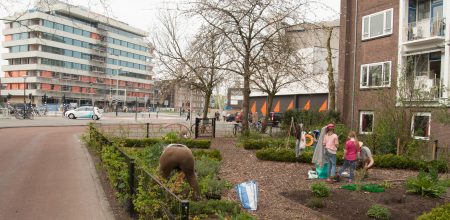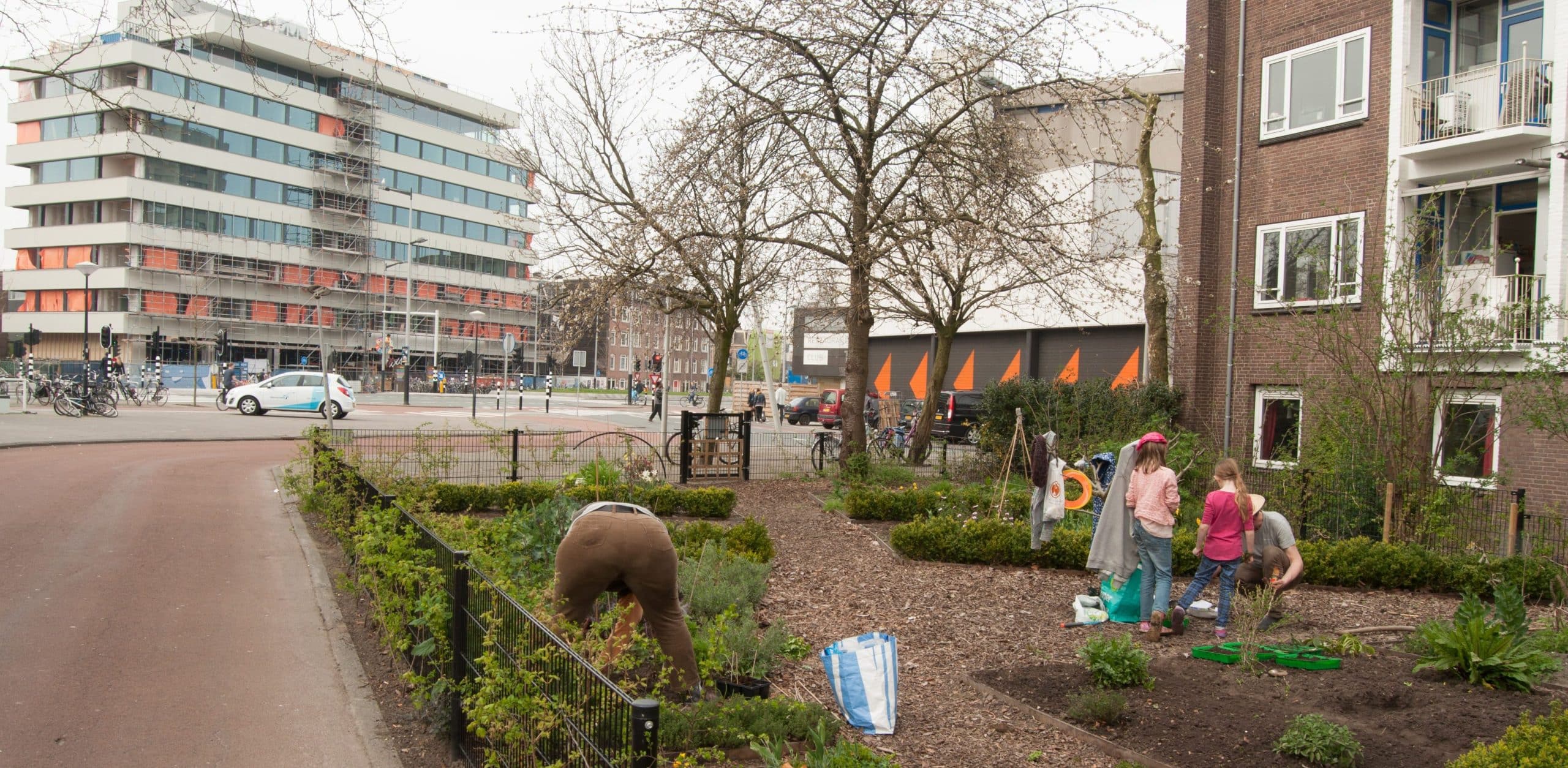
A key concept in SUSPLACE is transformative capacity, which refers to the ability of people to shape places according to their own ideas, needs and desires. Even though people and places are affected by global and structural processes, there are also numerous examples of how people take initiatives and actively transform their living environments. Recently Dr. Rosalie I. van Dam (not part of SUSPLACE) defended her PhD-thesis entitled ‘Bonding by doing. The dynamics of self-organizing groups of citizens taking charge of their living environment’ at Wageningen University & Research. This thesis investigates how citizens’ initiatives and self-organizing communities develop and realize themselves, while at the same time addressing the implications for governance processes. By taking a practice-based and relational approach the thesis provides an interesting example of how to operationalise and research citizens’ place-shaping practices, as well as introducing seventeen examples of citizen-led initiatives and self-organizing groups in The Netherlands.

